
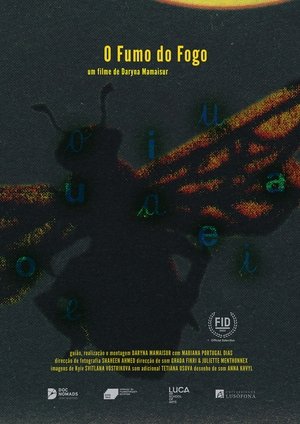
Smoke of the Fire(2023)
There are things that are indescribable and unspeakable when the disasters that affect our lives are beyond comprehension. Certain fundamental experiences seem irreducible to any form of expression. So how do we convey their intensity? How do we put them into words? Here, we’re talking about the war inflicted on the Ukrainians for over a year. Daryna Mamaisur is Ukrainian and currently lives in Portugal. O Fumo do Fogo, somewhere between a film diary and an essay, sketches with admirable reserve a path towards the possibility of communicating.
Movie: Smoke of the Fire

O Fumo do Fogo
HomePage
Overview
There are things that are indescribable and unspeakable when the disasters that affect our lives are beyond comprehension. Certain fundamental experiences seem irreducible to any form of expression. So how do we convey their intensity? How do we put them into words? Here, we’re talking about the war inflicted on the Ukrainians for over a year. Daryna Mamaisur is Ukrainian and currently lives in Portugal. O Fumo do Fogo, somewhere between a film diary and an essay, sketches with admirable reserve a path towards the possibility of communicating.
Release Date
2023-07-05
Average
0
Rating:
0.0 startsTagline
Genres
Languages:
PortuguêsУкраїнськийKeywords
Similar Movies
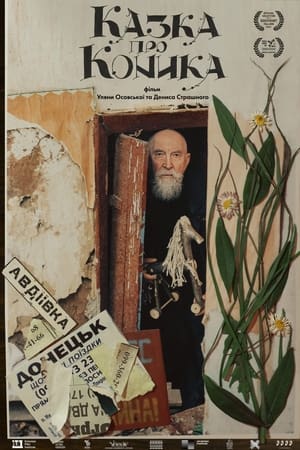 0.0
0.0Tales of a Toy Horse(uk)
In his own way, Anatoli Ljutuk is a legend of Tallinn's Old Town - a man from Western Ukraine who has built a unique world on Laboratory Street, the main core of which is the Ukrainian Cultural Center and Church. There, he engages in calligraphy, makes paper in a medieval way, carves traditional wooden toys in his workshop and makes books in the spirit of old monasteries. According to the oath taken a quarter of a century ago, he has promised to create something good every day. His daily commitment is challenged by the war that broke out in Ukraine, which Anatoly cannot passively ignore.
Good year(uk)
A year ago, on 29 December 2019, prisoners were exchanged with the self-proclaimed ‘LPR’ and ‘DPR’. Among the Ukrainians who returned home were journalist Stanislav Aseyev, tanker Bohdan Pantiushenko, and human rights activist Andriy Yarovoi. Four months earlier, on 7 September, Crimeans Oleg Sentsov and Oleksandr Kolchenko were released from Russian colonies. We spoke to the former prisoners about their first year of freedom.
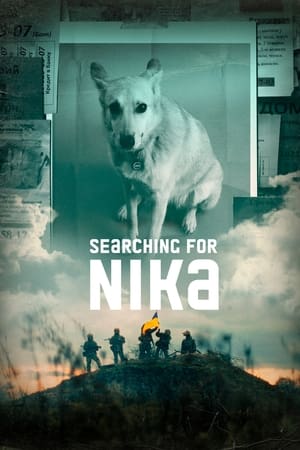 8.0
8.0Searching for Nika(uk)
Returning to Kyiv to search for his missing dog during the Russian invasion of Ukraine, director Stas Kapralov documents his journey as he joins forces with volunteers and becomes part of a movement to rescue animals caught in the crossfire of war.
The cost of annexation is life(uk)
The film is about how the occupation has changed and sometimes broken the lives of people living on the peninsula. Hromadske journalist Natalia Humeniuk arrived in Crimea on the day of the so-called ‘referendum’ on 16 March 2014, where she talked to people in Bakhchisarai, Simferopol, Yalta and Sevastopol. Since then, the journalist has returned to the peninsula at least once a year: she talked about the first political prisoners, the beginning of repressions against Crimean Tatars, the economic conditions and everyday life of the residents of the occupied Crimea, and what it was like to be a Ukrainian in the occupied Crimea or even an activist of the ‘Crimea is ours’ movement who began to criticise the occupation administration. After 5 years, Hromadske journalists returned to the people whose stories were told in the first months of the annexation.
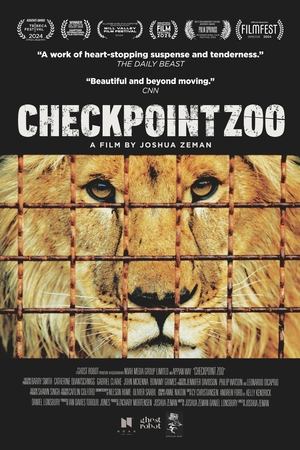 0.0
0.0Checkpoint Zoo(en)
Checkpoint Zoo documents a daring rescue led by a heroic team of zookeepers and volunteers, who risked their lives to save thousands of animals trapped in a zoo behind enemy lines in the Russian Invasion of Ukraine.
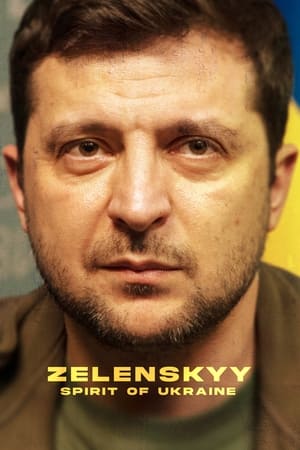 0.0
0.0Zelenskyy: Spirit of Ukraine(en)
On February 24th, 2022, Russia launched a full-scale invasion of Ukraine. The war has since killed thousands, displaced millions and destroyed entire cities. Despite international appeals for Volodymyr Zelensky, and his family, to be evacuated to a safe location during the opening days of the invasion, the 44-year-old president stayed in Kyiv with his defence forces. It's hard to imagine how this bright, comedic, family man, has ended up in one of the most dangerous positions in the world, with a giant target on his back. 10 months on, and still fighting from the ground, Zelensky has been named TIME Person of the Year 2022. With comparisons to Winston Churchill, as a war time leader, his impact is undeniable. Utilising his acting skills he is embodying everything it means to have the spirit of Ukraine.
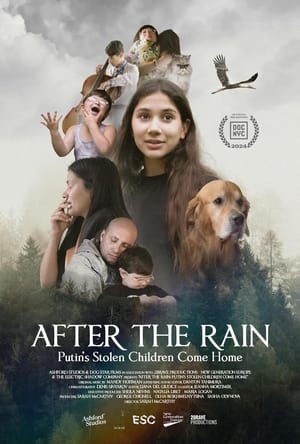 0.0
0.0After the Rain: Putin's Stolen Children Come Home(en)
Deep in a forest by the Baltic Sea, a group of Ukrainian families come together to start the healing process with the help of golden retrievers and palamino horses at an animal therapy retreat. In the safety of the forest, the children’s memories of being illegally deported to Russia and their families’ struggles to rescue them are unraveled with the help of skilled and sensitive counsellors. The joy and humour the children discover during their time in the forest make it easy to forget that their stories are the reason the International Criminal Court recently issued an arrest warrant for Vladimir Putin. Nearly 20,000 abducted children remain in Russian institutions.
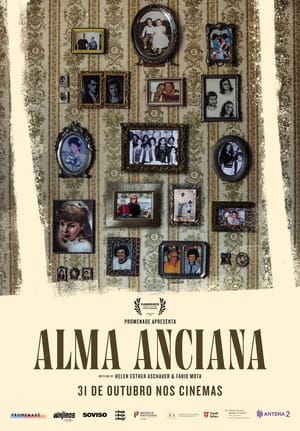 0.0
0.0Alma Anciana(pt)
Three juxtaposing stories taking place in Portugal, Austria and Cuba create an intimate and poetic portrait of the daily lives and struggles of the elderly in an unstable world, seen through the eyes of their grandchildren.
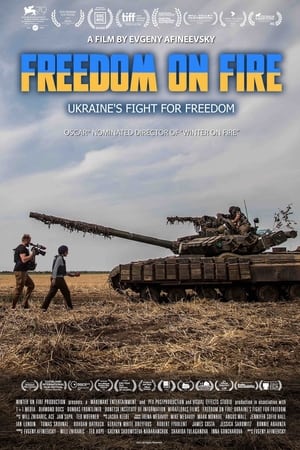 9.3
9.3Freedom on Fire: Ukraine's Fight For Freedom(uk)
Personal stories from civilians, children, soldiers, doctors, the country’s elderly, journalists, religious leaders, and international volunteers - a handful of the millions of people whose lives have been turned upside-down by nine years (and counting) of Russian aggression against Ukraine.
 0.0
0.0Oh Brave New Home(uk)
A story about children and adults who migrated from eastern Ukraine because of the war and found themselves far from home in a hostel for displaced people. This is a film about the everyday life and pain of refugees, about the search for small details that give strength to live and about adults who are tired of war. It is a self-reflection of refugees who believe that they will soon return home, without a clear understanding of when this will be possible and what awaits them there.
 8.0
8.0Maidan(uk)
A chronicle of the civil uprising against the regime of Ukrainian president Viktor Yanukovych that took place in Kyiv in the winter of 2013/14. The film follows the progress of the revolution: from peaceful rallies, half a million strong in the Maidan square, to the bloody street battles between protesters and riot police.
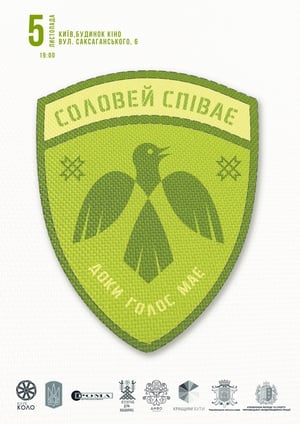 8.5
8.5The Nightingale Sings(uk)
The movie explores the origin of the Ukrainian language and persecution of those who defended its authenticity. Using examples of other countries, creators of the film prove that a nation cannot exist without a language.
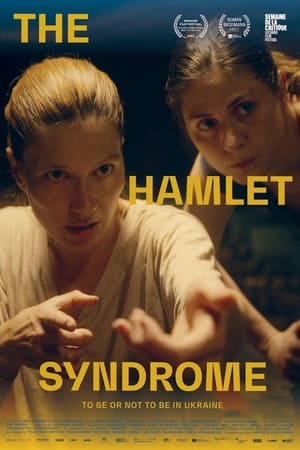 8.0
8.0The Hamlet Syndrome(de)
Five young Ukrainians discuss life following the Maidan Revolution of 2014. Not all fought in the Russian-Ukrainian war, but it, regardless, shattered their life plans. Representing 'Generation Maidan', they face the question of how to cope with experiences of violence, how to go on. A local theatre director produces Hamlet, wherein they can use Shakespeare’s tragic character as a mirror and face their traumas onstage. For them, 'to be or not to be' is not simply text but an existential dilemma with no clear answer.
 0.0
0.0Grandmother Told Grandmother(en)
The little-known story of Ukrainian children torn from their homes in the crush between the Nazi and Soviet fronts in World War II. Spending their childhood as refugees in Europe, these inspiring individuals later immigrated to the United States, creating new homes and communities through their grit, faith and deep belief in the importance of preserving culture.
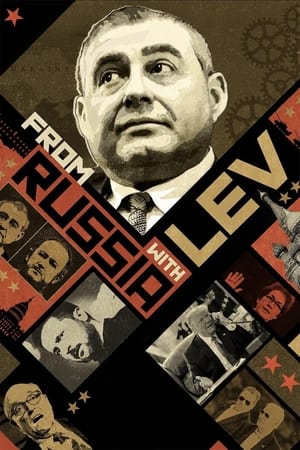 8.7
8.7From Russia with Lev(en)
A documentary exploring Lev Parnas' involvement in the Trump-Ukraine scandal that resulted in the former president's impeachment, detailing Parnas' unexpected entanglement with Trump and Giuliani, leading to his incarceration.
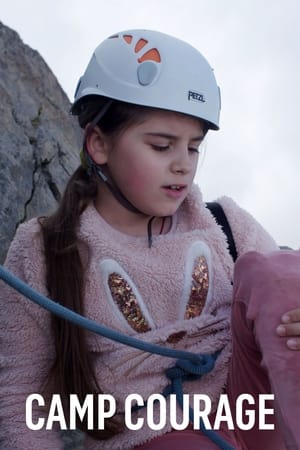 7.4
7.4Camp Courage(en)
Made refugees by the war in Ukraine, Olga and her granddaughter Milana travel to a summer camp in the Austrian Alps to test the limits of their own bravery, and to strengthen their growing bond.
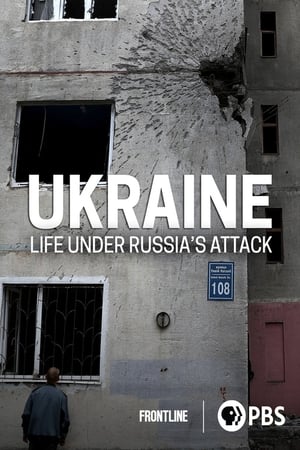 0.0
0.0Ukraine: Life Under Russia's Attack(en)
A look inside the Russian assault on Ukraine's second-largest city, Kharkiv, told by displaced families, civilians caught in the fight and first responders.
 7.3
7.3Breaking Point: The War for Democracy in Ukraine(en)
BREAKING POINT: The War for Democracy in Ukraine looks at people transformed by a democratic revolution, who give up their normal lives to fight a Russian invasion, in a war which has killed 10,000 and displaced 1.9 million Ukrainians.
 7.6
7.6The Distant Barking of Dogs(en)
Hnutove, Donbass, eastern Ukraine, 2015. Young Oleg lives in a war zone where anti-aircraft gunshots and missile attacks often resonate dangerously near. Although many inhabitants have already left this dangerous area, he remains with his grandmother, who has cared for him since his mother's death, because they have nowhere to go. They are just waiting for the war to end.
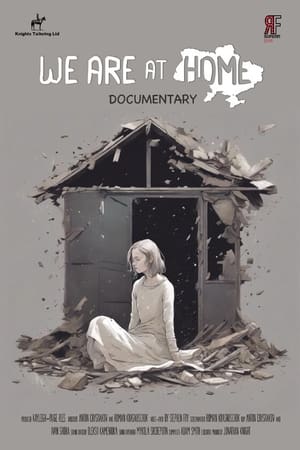 0.0
0.0We Are Home(uk)
As war ravages their homeland, Ukrainian children flee their homes out of fear. Across the country, young lives are uprooted and transformed overnight. But even amidst devastating loss, the children's resilience and optimism shine through.